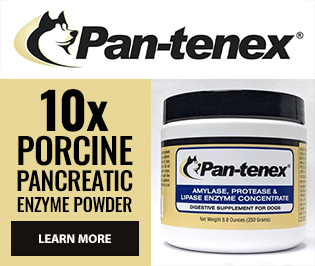If your dog always seems hungry, even shortly after a meal, it might feel like they’re just a big eater. But consistent excessive hunger can be a sign that their body isn’t absorbing the nutrients it needs. Appetite is closely tied to digestion, and understanding the link can help you address the root cause, not just the symptom.
How Digestion Impacts Appetite in Dogs
When food isn’t properly digested, your dog’s body misses out on critical nutrients. Even if they’re eating enough in terms of volume, their cells may still be starved for the fuel they need to function. This leads to a persistent hunger signal as the body tries to get more of what it’s missing.
Signs Your Dog’s Hunger May Be Digestive-Related
- Always acting hungry, even after full meals
- Eating too fast or guarding food aggressively
- Weight loss despite a normal or increased appetite
- Soft or large-volume stools
- Frequent gassiness or bloating
These signs may indicate that your dog is not fully breaking down or absorbing nutrients from their food.
What Role Do Digestive Enzymes Play?
Digestive enzymes help break down proteins, fats, and carbohydrates in your dog’s meals. If your dog lacks these enzymes naturally or is not digesting efficiently, supplementing with an enzyme powder can make a noticeable difference.
Pan-tenex is a high-potency porcine enzyme supplement designed to support better nutrient absorption. When mixed with moistened meals, it helps reduce hunger-driven behavior by allowing your dog to get more from the food they’re already eating.
How to Track Progress
If your dog has been showing signs of constant hunger, start by making small dietary adjustments and monitor their behavior and stool quality over time. You can use our Dog Enzyme Digestive Health Stool Tracker to keep a daily log of your dog’s meals, appetite, and output. This can help you identify if things are improving.
Final Thoughts
A dog that’s always hungry isn’t necessarily greedy. They may be trying to tell you something about how their body is processing food. Digestive enzyme support can be one way to help address nutrient absorption issues and reduce excessive hunger.
As with any supplement, digestive enzymes should only be introduced under the guidance of a veterinary professional. Dosing may vary depending on the dog, the product, and the type of meals being fed. For general recommendations, you can refer to our feeding guidelines.
To learn more about enzyme use, check out our other help articles or contact us directly with questions.

